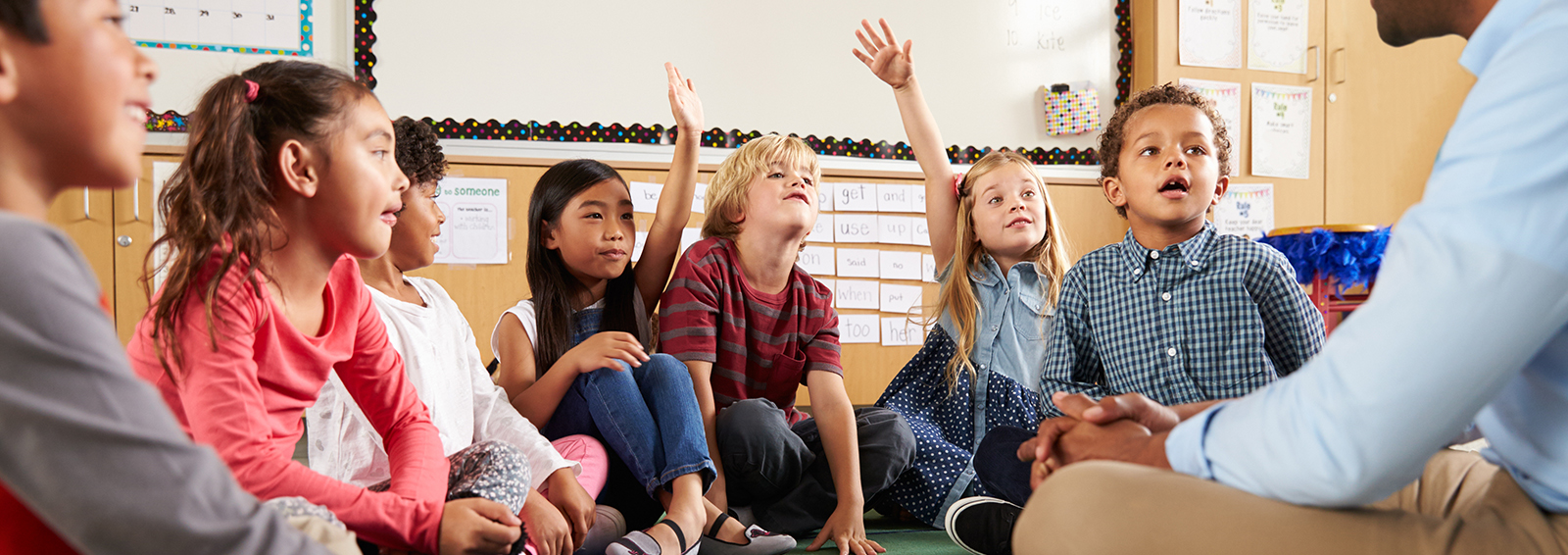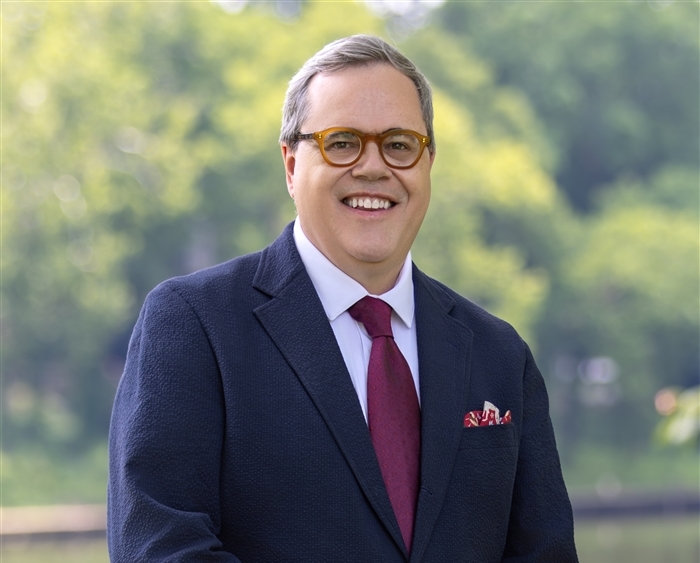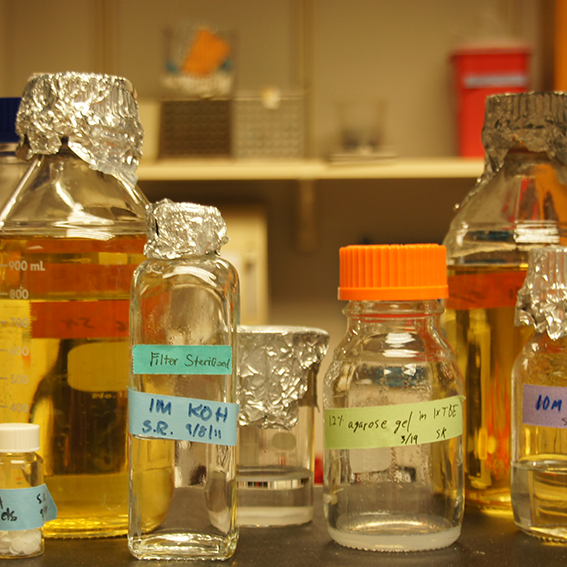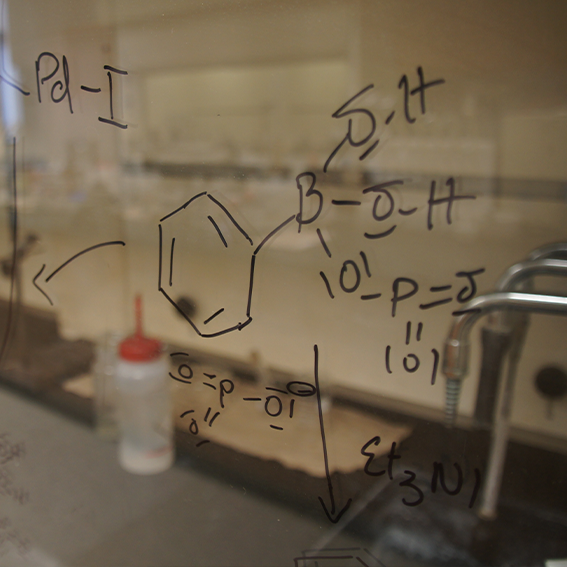
Education
Make a difference in children's lives as an educator and gain confidence at the head of the classroom.
Education students graduate from Lake Forest College with two majors and abundant classroom experience that prepares them for a successful teaching career.
Our students learn to be responsive to their students, deeply knowledgeable about subject matter, and committed to their own growth as lifelong learners.
Our graduates obtain state-accredited licensure focused on one of the following areas:
- Elementary grades 1-6
- Secondary grades 9-12: mathematics, English, history, chemistry, biology, physics
- PK-12: visual arts, music, Spanish, French
These programs are offered at the undergraduate (BA) and graduate (MAT) levels.
Additional Endorsements
In addition to earning your main license in elementary, secondary, or PK-12, candidates can add the following additional endorsements.
Education
- Master of Arts in Teaching (MAT)
- Faculty
- Course Descriptions
- Requirements
- Additional Endorsements
- Education Studies Minor
- Student Learning Outcomes
- Internships and Careers
- Fieldwork and Student Teaching
- Social Justice and Anti-Racism Focus
- Developmental Portfolio
- Identifying Dispositions (Institutional Standards)
- Paedagogia Academic Journal
A double-major approach to learning in education
The teacher preparation program is a double-major program, meaning that all teacher candidates in both elementary and secondary programs complete a major in a department outside of education in addition to their education major.
Students in the education program are assigned an academic advisor and mentor in addition to their advisor in education in order to support the learning, mentorship, and success of the students all the way through graduation. A number of courses are either co-taught or cross-listed in the Department of Education and other departments so that even our faculty and course structures are interwoven to support a well-rounded education.
The result? Students experience an interdisciplinary program of study with values and commitments shared by the entire campus community. It takes the commitment of an entire campus to teach teachers—one individual at a time.


Real-world clinical experience in teaching
Our program prioritizes hands-on methods of learning, providing many opportunities to work with students from diverse cultural and socioeconomic backgrounds, including interning at local under-resources school districts. Our students benefit from:
- Regular classroom observations at Chicago schools and local Lake and Cook County school districts
- Fieldwork practicum in elementary and middle schools in Waukegan, IL
- Special education clinical observations in local schools
- Student teaching in local school districts or Chicago
Minor in education studies
A minor in education studies complements any major and equips the graduate with a versatile skillset. The educational studies minor focuses on educational issues related to social justice and human rights, political ideology and power structures, economics, cultural perspectives, gender issues, urban studies, and global citizenship. These perspectives enable our graduates to engage with the world around them in a way that empowers them to facilitate change.
Social justice and anti-racism in education
Our aim is to prepare critical, analytical, reflective teachers who view themselves as agents of change in schools and who see teaching as a rigorous intellectual and serious moral endeavor. Our approach challenges students to become social reformers and commit to the reconstruction of society through the redistribution of power and other resources. Students learn social action skills, embrace cultural pluralism, and analyze oppression with the intent of taking action to work for a more democratic society.

News

September 23, 2025
Lake Forest College ranks high in latest U.S. News report

August 06, 2025
Spike and Judy Gummere make transformative $5 million gift
Related Programs
Contact Us
Jacquelynn Popp
Associate Professor of Education
Chair of Education
Licensure Officer
Buchanan Hall 234
847-735-5081
popp@lakeforest.edu
Adrienne Thoms
Educator Preparation Program Coordinator
Buchanan Hall 224
847-735-5169
thoms@lakeforest.edu











